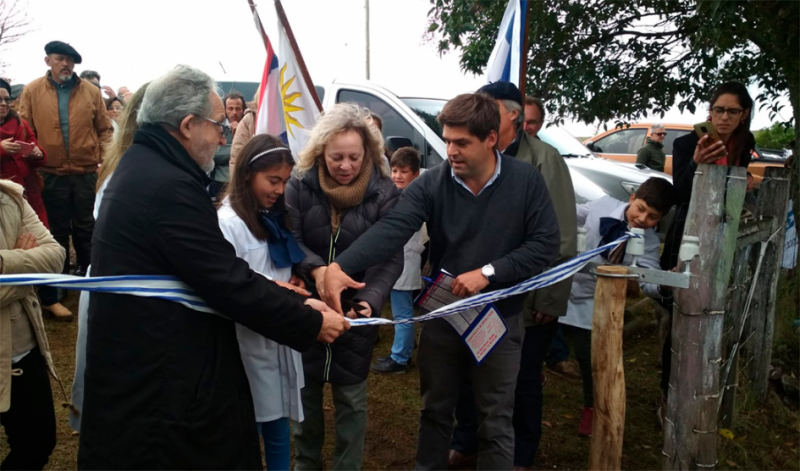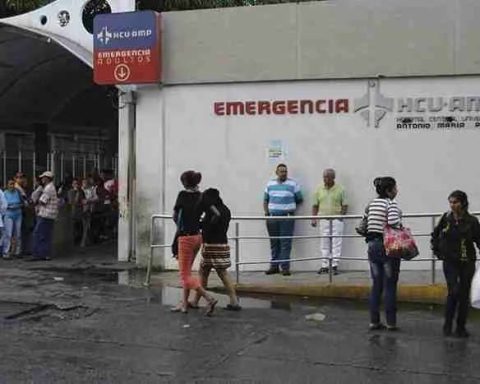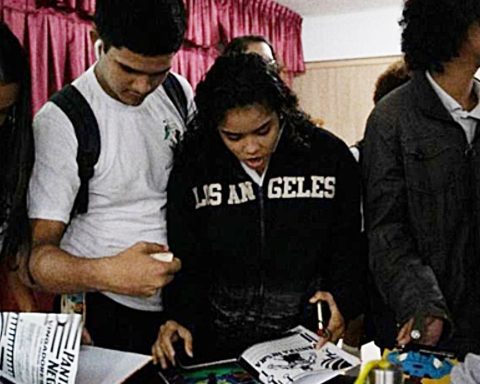The president of the UTE, Silvia Emaldi, inaugurated rural electrification works and photovoltaic panels in Cerros de Vera, Mataojo and Guaviyú de Arapey, towns in the department of Salto, as well as a 15-kilometre triphasic medium voltage line. In addition, the state company signed two agreements with the Municipality of Tacuarembó to expand the infrastructure of charging points for electric mobility.
The board of directors of the National Administration of Power Transmission Plants (UTE) inaugurated the installation of photovoltaic solar panels in 15 rural homes in Cerros de Vera and Puntas de Caña, in the department of Salto, in a ceremony held on May 26.
To this was added the 15-kilometre triphasic medium voltage line of the section that connects route 31, Boquerón de Cañas, and Paso de las Piedras de Arenguá, in whose area of influence there are several schools that benefit from the new service, within the framework of the agreement between the UTE and the National Administration of Public Education (ANEP).
The investment for the work amounted to 5,195,026 pesos, for panels, electronics, structure and batteries, to which is added 453,158 pesos, for the adequacy of the interior installations in 13 homes, work carried out thanks to the agreement with the Institute National Cooperative Movement (Inacoop). In addition, each family received an efficient class A refrigerator.
Emaldi stressed that the objective of the UTE is to reach 2024 with 100% connection throughout the country and noted that 2,500 families need to be incorporated into the electricity grid.
The state company also inaugurated, on May 27, two rural electrification works, which will bring power to 73 families in various locations in Salto.
Both works involve the laying of almost 160 kilometers of single-phase medium voltage line, with an investment of more than 60 million pesos. In addition to UTE, the Office of Planning and Budget (OPP) and the Mixed Technical Commission of Salto Grande collaborated, as well as other organizations and residents of the area.
These works, of social interest, are part of the Inter-institutional Plan for Rural Electrification, constituted by the Ministries of Industry, Energy and Mining; Livestock, Agriculture and Fishing; Housing and Territorial Planning; Environment, and Social Development, the OPP, the National Colonization Institute, Antel, Mevir and the UTE, in an effort to bring electricity to all homes and productive enterprises in the country.
Agreements with the Municipality of Tacuarembo
Also on May 27, Emaldi and the mayor of Tacuarembó, Wilson Ezquerra, signed two agreements. The first establishes the expansion of the infrastructure for the electric recharging of vehicles. In this way, public places are available to install chargers in urban centers of the department and for UTE to provide the necessary infrastructure and equipment.
The objective of the second agreement is to regulate the complementation between both organizations to remove, transfer or replace electrical installations in areas of public use that interfere with the works of the administration, such as roads, public lighting, sanitation.
Emaldi stated that it is essential to advance in sustainable Uruguay, electric mobility and care for the environment, for this and future generations. He explained that in 2020 there were just over 700 electric vehicles, that in 2021 that figure will double and that it will continue to evolve.
“When you charge an electric vehicle, you reduce the cost of fuel from 10 to 1 over fossil fuels,” he said.


















